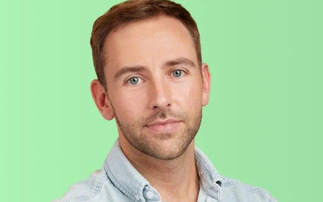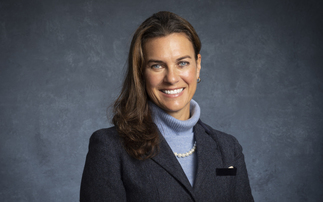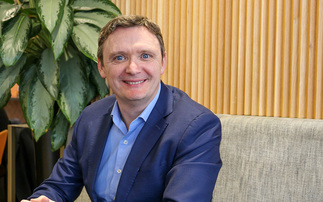Johan Widheden of AkzoNobel says the way we think about commodity of fresh water may ultimately have to change
For many countries, fresh water availability is an acute concern. In some cases it is the sheer number of people in one location that is triggering the deficiency, in others it is rising sea levels due to climate change and in some situations it is a particular industry, such as cotton that is causing the problem. Because of this, over one billion people have no access to clean drinking water and two million people die annually from water-related diseases.
Most of these grave concerns are occurring in the developing world and therefore not of immediate interest to industrialised nations and international media. Ironically, it is actually the developed world that has caused many of today's problems through the purchasing of products that require enormous amounts of fresh water, such as cotton, leather or beef, and by contributing to climate change through the burning of fossil fuels. On top of this, the demand for fresh water is expected to increase by over 50 per cent by 2050. Clearly, something needs to change.
But how do we change? And do we have the necessary tools to help us value water properly across the globe? Would it be possible for example to put a differentiated price on water or should it be governed by laws and regulations?
Many questions are up for discussion and how we view the commodity of fresh water may ultimately have to change. Naturally these issues are vitally important to the business world - just as access to water is essential to life, it is also essential to the sustainability of any business.
Companies need to start by making sure they manage their own fresh water sustainably, not depleting scarce resources, reusing it and making sure the discharge does not affect the local availability of clean freshwater.
At AkzoNobel we treat water as the limited resource it is by optimizing our water-use through greater efficiency, innovative processes and new technologies. Our ambition is to achieve sustainable fresh water management at all our 300 manufacturing sites by 2015 - to date 86% of manufacturing sites have such systems.
But we also know that on its own, efficiency within our operations is not enough to safeguard the resources we need for our business. We recognize that we must mobilize partnerships with government bodies, NGOs and local communities to improve our understanding of the shared fresh water challenges we face, enabling us to make better management decisions.
Certainly a collaborative approach involving many different parties will be essential if we all are to overcome the many technical, financial, legal and humanitarian issues often associated with access to fresh water.
Johan Widheden is a sustainability specialist at AkzoNobel







